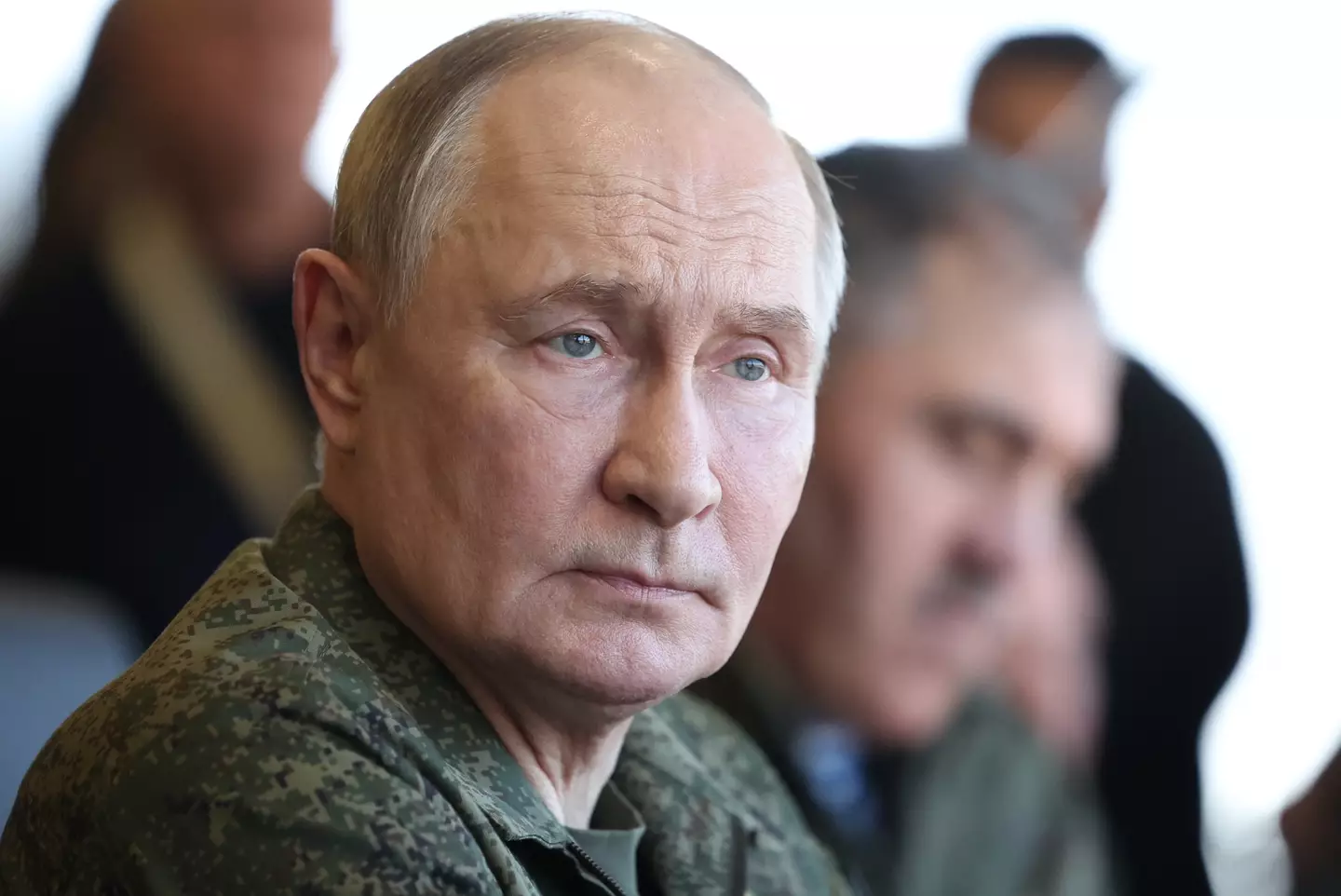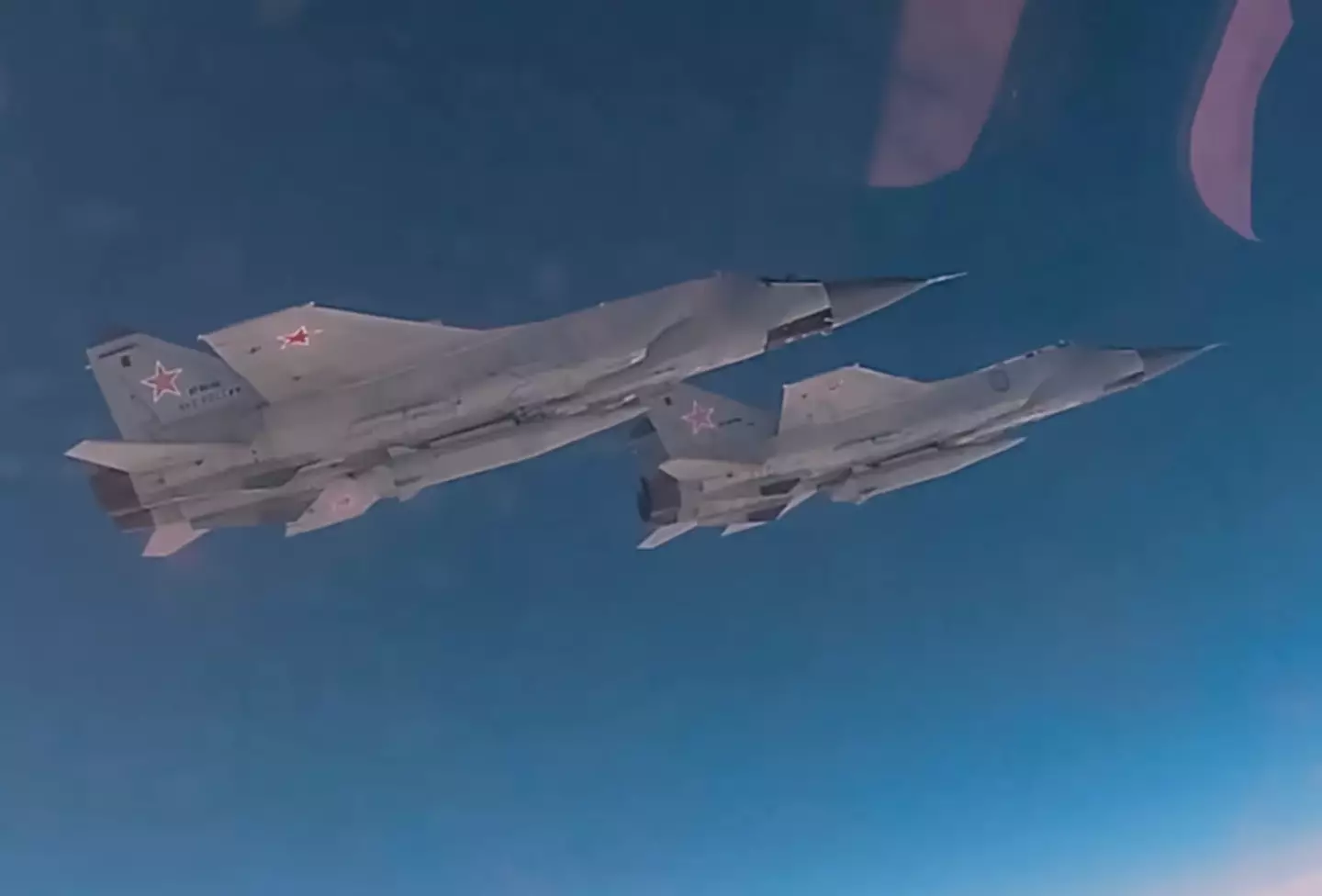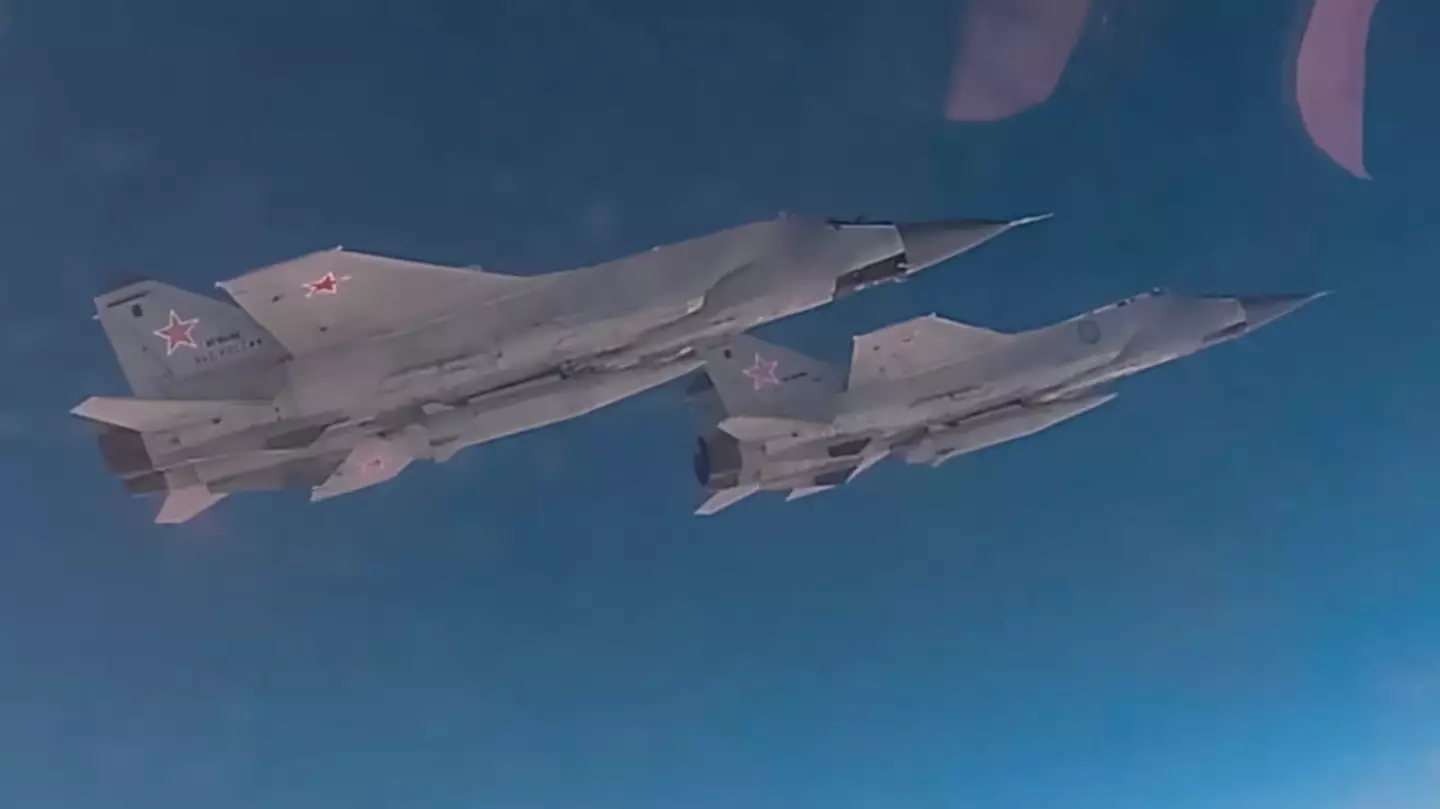Tensions between Russia and European nations continue to rise as reports of airspace violations by Russia come from a NATO country.
While the conflict between Russia and Ukraine persists, Russia seems to be challenging the patience of other European countries.
This has led to numerous NATO leaders reproaching Russia for infringing on airspace.
Just last week, Polish Prime Minister Donald Tusk reported that Russian drones had entered Polish airspace during an attack on Ukraine.
In response, the Kremlin released a statement asserting that there were no targets for the drones in Poland.
These escalating tensions show no signs of easing, as Estonia has now reported an airspace violation by Russia, but not involving drones this time.
Three Russian military jets entered the airspace of this NATO-member country on Friday (September 19).

The aircraft were identified as Russian MiG-31 fighters and remained in Estonia’s airspace for 12 minutes, as reported by the Estonian government.
Estonia’s Foreign Minister, Margus Tsahkna, addressed this situation in a statement.
He stated: “Russia has violated Estonian airspace four times already this year, which is unacceptable in itself, but today’s violation, during which three fighter jets entered our airspace, is unprecedentedly brazen.
“Russia’s ever-increasing testing of borders and aggressiveness must be responded to by rapidly strengthening political and economic pressure.”
This incident further heightens concerns that a more significant confrontation could trigger a larger conflict.
EU foreign policy chief and former Estonian prime minister, Kaja Kallas, expressed her views on social media regarding Russia’s actions.
She remarked: “Today’s violation of Estonia’s airspace by Russian military aircraft is an extremely dangerous provocation.

“This marks the third such violation of EU airspace in days and further escalates tensions in the region. The EU stands in full solidarity with Estonia.
“I am in close contact with the Estonian government.
“We will continue to support our member states in strengthening their defenses with European resources.
“Putin is testing the West’s resolve. We must not show weakness.”
It remains uncertain how Estonia will respond to Russia’s actions.
Following the violation of its airspace, Poland sought to invoke NATO’s Article 4, which stipulates that NATO members ‘will consult together whenever, in the opinion of any of them, the territorial integrity, political independence or security of any of the Parties is threatened’.
Any NATO member has the option to request the activation of Article 4 if ‘territorial integrity, political independence or security of any of the parties is threatened’.

